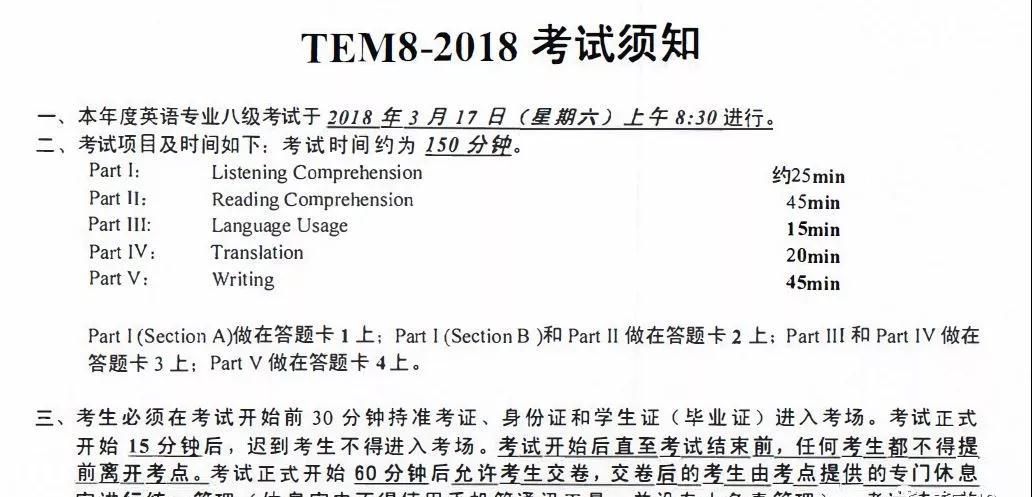职称英语语法:第五讲b
|
(四)第四句型:主语 + 及物动词 + 双宾语 有些动词(主要是"授予动词")后面需要或可以接双宾语结构,如:give, write, buy, send, make等 You may send him an E-mail or write him a letter. 这个句子也可使用以下结构: You may send an E-mail (to him) or write a letter to him. 所以 "to" 和 "for" 是连接双宾语结构的重要介词。 该句型的重点是要记住以下短语,特别是所用的介词: to cure … of(治愈…) 例如: We have to inform the family of the patient's condition as soon as possible. / Have the family been informed of the patient's condition? (我们得尽快将病人的病情通知其家属。/ 已经将病人的病情通知其家人了吗?) 注意下面句子的结构变化: (五)第五句型:主语 + 及物动词 + 宾语 + 宾语补足语 先回顾一下本讲第一节中有关宾语和宾语补足语的概念。 这个句型也是考试的重点,主要有三个难点: 1) 要不要 "to"的问题: The director wants you to come right now. (主任要你马上就来。) 句中to come 是宾语you的补足语。也就是说,当宾语补足语是动词时,一般要用 "to"连接。但是,以下情况例外: n make, let, have等使役动词,如: Shall I have him come here?(要我叫他来吗?) I won't have him cheat me. (否定式,表示"容许":我决不容许他欺骗我) 上述句型变为被动语态时,一般要加 "to",如: The nurse made the patient eat something. (护士让病人吃了点东西。) →The patient was made to eat something. 有时,宾语补足语也可用 -ing形式,如: His joke made us laughing for a couple of minutes. (他的笑话使我们笑了几分钟。- 注意后面的时间状语for a couple of minutes) 记住下面重要表达方式: to have / get (something) done, 如: 2) 要不要 "it"的问题: 先看两个句子: We sometimes find it difficult to get rid of a bad habit. (有时我们发现要改掉一个坏习惯很难。)该句的原始结构可理解为:We sometimes find (to get rid of a bad habit) difficult. 括号部分(动词不定式)为宾语,difficult为宾语补足语 The doctor has made it clear to you that there is nothing wrong with your stomach.(医生已经跟你说得很清楚了,你的胃没有什么问题。)该句的原始结构可理解为:The doctor has made (there is nothing wrong with your stomach)clear. 括号部分(句子)为宾语,clear为宾语补足语 归纳: n 在主语 + 宾语 + 宾语补足语结构中,当宾语是"动词不定式"或"句子"时,要用it(不是this, that或其他任何词)作形式宾语,将动词不定式或句子移到句子的后面去。 n 考试时,判断要不要 "it",主要看句子后面有没有"动词不定式"或"句子",若有,要选 "it" n 宾语、宾语补足语倒装:当宾语(名词)较长,宾语补足语较短(往往是1个形容词,如possible, impossible, difficult, easy, clear等)时,为了句子结构均衡,往往采用倒装,这里不存在"it"的使用问题, 对下句作出判断: The development of ultrasound has made ______ early diagnosis of some fatal diseases. (超声波的出现使许多致命疾病的早期诊断成为可能。) A. it possible 该题的正确答案应为B,因为句子采用了倒装形式,原结构为: The development of ultrasound has made [early diagnosis of some fatal diseases] possible. 宾语 补足语 3) 记住以下短语: to take…as(把…当作…) 关于五个基本句型,重点要掌握每个句型的出题点,举一反三 |








